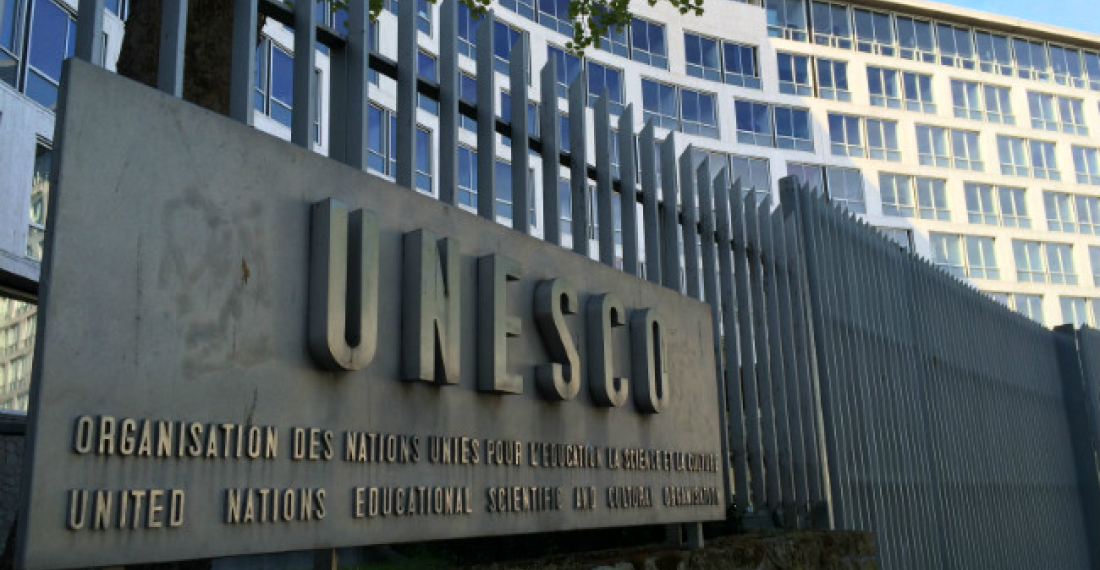The United Nations Educational, Scientific and Cultural Organization (UNESCO) is reportedly in negotiations to visit Nagorno-Karabakh and the bordering regions of Azerbaijan in the near future.
In a briefing yesterday, Russian Foreign Ministry Spokesperson Maria Zakharova stated that:
"As far as I know, negotiations are underway on organising a preliminary UNESCO mission to Nagorno-Karabakh and adjacent regions of Azerbaijan. We hope that such a trip will take place in the near future. It will contribute to strengthening mutual trust in the region..."
The Russian news agency TASS reports this having been confirmed today by a representative from the international organisation.
The 44-day war ended on 10 November, with Azerbaijan regaining control of all the territories around Nagorno-Karabakh, which it lost in the fighting in the early 1990s, as well as parts of the enclave itself, including the historic city of Shusha. Since then, there have calls for UNESCO, which deals with the preservation of cultural heritage sites, to visit the region to ensure that all areas of historical and cultural significance are being protected.
In a press release on 20 November 2020, UNESCO reported that it had reminded representatives from both Armenia and Azerbaijan of the countries’ obligation to protect cultural heritage sites as is enshrined in international law. It also expressed that it had not been able to visit the region and its wish to send its technical support team “in order to draw up an inventory of the most significant cultural assets, as a prerequisite for effective protection of the region's heritage”.
A month later on 21 December, Assistant UNESCO Director-General for Cultural Ernesto Ottone said, “Only the response of Azerbaijan is still awaited for UNESCO to proceed with the sending of a mission to the field. The authorities of Azerbaijan have been approached several times without success so far.” He also emphasised, “The safeguarding of heritage is an important condition for the establishment of lasting peace.”
In response, a 22-December press release from the Azerbaijani Ministry of Foreign Affairs warned the UN agency that the issue of cultural heritage was not to be “politicized” but said that it was “ready to co-operate with UNESCO”. The fact that it is now being reported that a visit is being planned suggests that the authorities in Baku and UNESCO may be coming to an agreement.






